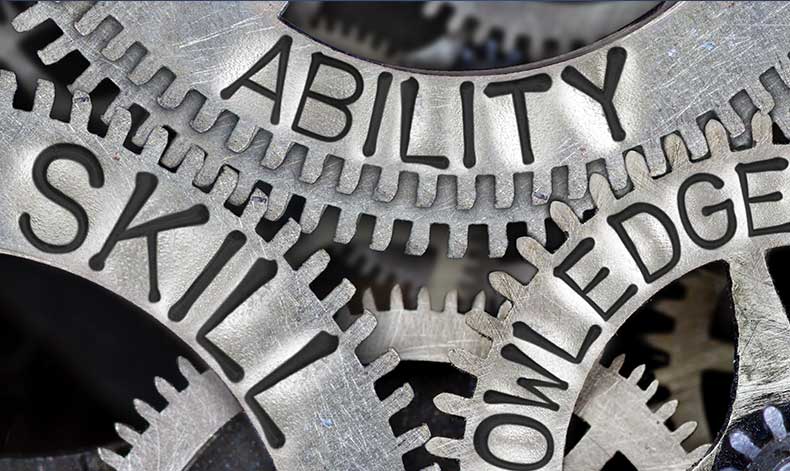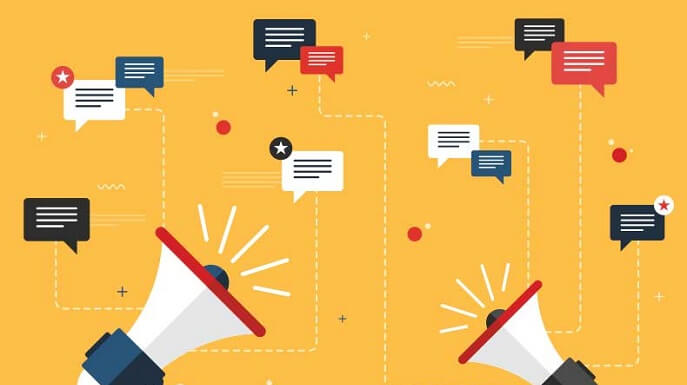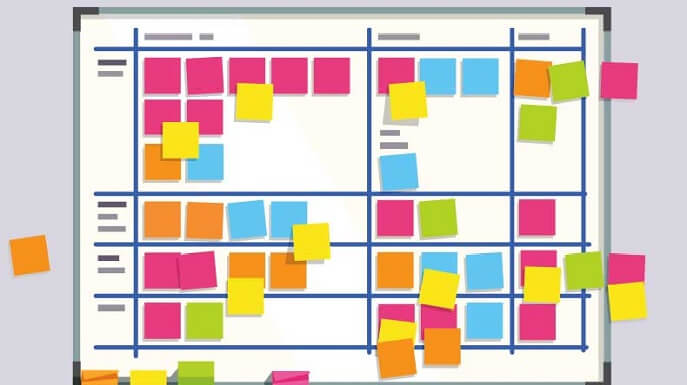What is teamwork?
Teamwork is when people work together as a group to complete a task.
Teamwork is a faster way of getting a job done. However, for a team to function successfully, each member needs to feel valued, understand their role and do their bit.
There are over 7 billion people on earth. Whatever you're doing in life, it's highly likely you'll need to work with other people to get things done.
Why is teamwork important?
Teamwork is very important in the workplace. At work, projects have deadlines. Effective teamwork helps businesses complete tasks on time.
Employers want to hire team players because they're able to work with others. Companies want their employees to:
-
Contribute positively to tasks
-
Help and support other team members
-
Motivate and lead the team if necessary
-
Respect all colleagues
-
Listen to ideas and feedback with an open mind
-
Question anything that's not clear
-
Propose and explain ideas clearly
-
Adapt flexibly to changing priorities
Two heads are better than one
Each team member has different skills, experiences and thought processes. When a group combine their brain power, they're more likely to solve a problem compared to someone working alone.
How can you develop teamwork skills?
As a graduate, it's likely you've done lots of teamwork through:
-
Clubs and societies
-
Group Work
-
Employment
-
Volunteering
If you want to develop and strengthen your teamwork skills even further you can:
-
Ask team members for feedback
-
Join a sports team
There's no I in team
A team is about working together, there's no room for selfishness. Focus on what the team needs, as opposed to what you want.
You won't get your way every time. You might think your idea is great, but the team might not. Don't take it personally. Openly accept constructive criticism and learn from it.
How can you prove you're a team player?
In interviews
Talk about a time you've worked in a team. Explain what the goal was, what you did and what the outcome was.
Use STAR
You can use the STAR framework to help you build a strong answer. STAR stands for stands for Situation, Task, Action and Result. When you're answering a question, explain the:
Situation: Set the scene, explain what happened, what was the problem? Task: Explain what you needed to do Action: Describe what you did and how you did it, did you face any challenges? Result: What was the outcome? Did you achieve your aim? What did you learn?
Example
Question: Tell me about a time you worked in a team to solve a problem?
Situation
I'm a volunteer at a local homeless charity. We prepare and distribute hot meals in the town centre every Wednesday at 7pm. The food is usually fully distributed within 30 minutes.
However one week in December, 20 minutes had passed but no homeless people had turned up. We suspected this was down to the cold weather.
Task
We had to figure out a way to distribute all the food to avoid wasting it. The homeless people usually come to us, but this time we needed to get to them.
Action
Based on previous conversations, I knew lots of homeless people lived in multi storey car parks around the town centre. There are five car parks in the area and there were five of us. Each of us had a car.
I suggested we equally divide the meals between five of us and drive to an allocated car park to deliver the food. This was the only viable idea and everyone agreed with it.
Result
Our suspicions were confirmed. The homeless didn't want to leave car parks because it was too cold outside.
We successfully distributed all meals by adopting this strategy. As a result, there was no wastage and the homeless people got fed.
This experience also helped us put together a contingency plan for the future.
On your CV
List the teamwork skills you've got on your CV. Examples of teamwork skills include:
-
Collaboration
-
Critical thinking
-
Leadership
-
Mediation
-
Negotiation
-
Relationship building
-
Reliable
-
Team orientated
You can also explain how you've used your teamwork skills in your previous jobs. Here are some examples of how to describe teamwork in the workplace:
-
“Delegated tasks to the right people with the right skills”
-
“Ensured team members understands their role and responsibilities”
-
“Delivered constructive feedback and support”
-
“Created enthusiasm and initiative within a team”
-
“Collaborated to improve an outcome or develop ideas”









